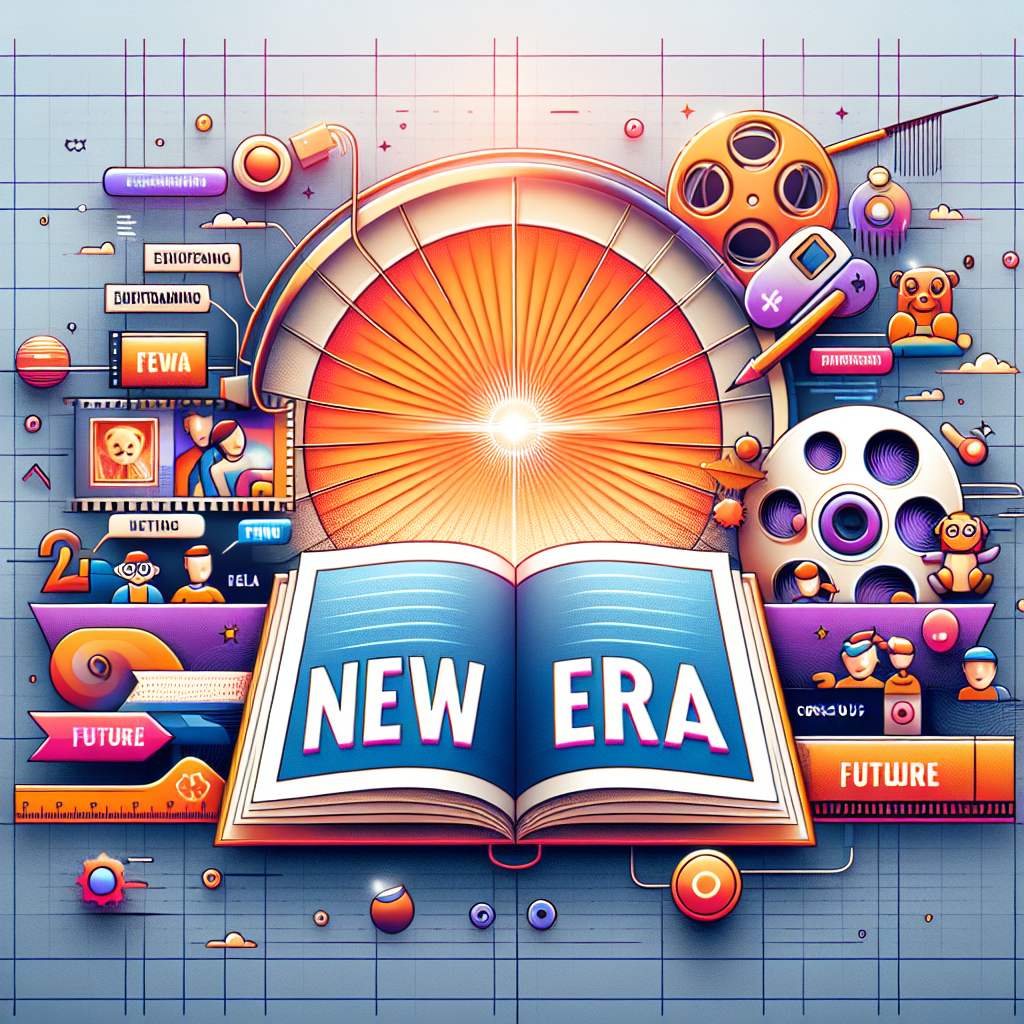Disney's Bold New Era: How 'Woke' Storytelling is Shaping the Future of Family Entertainment
In recent years, Disney has embarked on a transformative journey, redefining its storytelling approach to align with contemporary social values. Often labeled as "woke," this new direction reflects a commitment to inclusivity, diversity, and social awareness in family entertainment. As the media landscape continues to evolve, Disney's bold narrative choices are not just reshaping its brand but also influencing the broader industry. Let’s dive into how these themes are manifesting in Disney's content and what they mean for audiences and families around the world.
Reimagining Classic Tales
One of the most striking aspects of Disney's new era is its reimagining of classic tales. Traditional narratives are being revisited with a fresh perspective that emphasizes representation and social justice. For example, the live-action adaptations of animated classics like "Mulan" and "The Little Mermaid" have made significant changes to character backgrounds and story arcs, reflecting a more inclusive worldview. This shift not only gives voice to previously marginalized communities but also enriches the stories themselves, making them more relatable to today’s audiences.
By incorporating elements of cultural authenticity and addressing historical inaccuracies, Disney is not only updating these beloved stories but also educating viewers. The 2020 release of "Mulan," for instance, drew on real Chinese history and folklore, allowing audiences to engage with the cultural context of the story. Such endeavors challenge the notion of storytelling as merely entertainment and elevate it to a platform for cultural exchange and awareness.
The Rise of Diverse Characters
Disney has made a concerted effort to diversify its character roster, moving beyond the stereotypical portrayals that once dominated its narratives. Films like "Raya and the Last Dragon" and series such as "The Owl House" showcase protagonists from various ethnic backgrounds, genders, and orientations. This diversification is not just a token gesture; it reflects the realities of modern society and the variety of experiences that families encounter today.
Moreover, this broader representation fosters deeper connections between viewers and the characters they see on screen. Children from different backgrounds can find heroes who look like them, while others gain insight into lives and cultures different from their own. Such storytelling not only cultivates empathy but also encourages young audiences to embrace diversity in their daily lives. As Disney continues to evolve, the impact of these characters will resonate with generations to come.
Exploring Complex Themes
Disney’s new storytelling approach is also marked by its willingness to tackle complex themes that resonate with today’s societal issues. Films like "Frozen II" and "Soul" delve into topics such as identity, mental health, and environmentalism, providing young audiences with thoughtful narratives that spark important conversations. The nuanced storytelling allows families to discuss these themes together, fostering understanding and awareness.
For instance, "Soul" explores the concept of purpose and the meaning of life, offering a profound narrative that prompts viewers to reflect on their own journeys. While Disney has always been known for its feel-good stories, the inclusion of deeper themes signals a maturation of the brand and a recognition that children are capable of grappling with complex ideas. This shift not only enriches the viewing experience but also positions Disney as a leader in responsible storytelling.
The Industry’s Response and Future Implications
Disney's commitment to 'woke' storytelling has not gone unnoticed, sparking a ripple effect across the entertainment industry. Other studios are taking cues from Disney’s successful integration of diverse narratives and characters, leading to a more inclusive landscape in family entertainment. Streaming platforms like Netflix and Amazon Prime are also investing in content that reflects a wider array of experiences, suggesting that the demand for diverse storytelling is not just a trend but a significant shift in consumer expectations.
As Disney continues to explore these themes, the challenge will be maintaining authenticity and avoiding backlash from audiences who may feel that the narratives are forced or insincere. However, if the past few years are any indication, Disney is on a path to successfully navigate this landscape. By listening to diverse voices and prioritizing representation, Disney is not just reshaping its own brand but also paving the way for a more inclusive entertainment industry.
In conclusion, Disney's embrace of 'woke' storytelling marks a significant evolution in family entertainment. By reimagining classic tales, introducing diverse characters, exploring complex themes, and setting industry standards, Disney is redefining what it means to create content for families. As we look ahead, it is clear that Disney's bold new era will continue to influence not only its legacy but also the future of storytelling in ways we have yet to fully comprehend.

No comments yet. Be the first to comment!